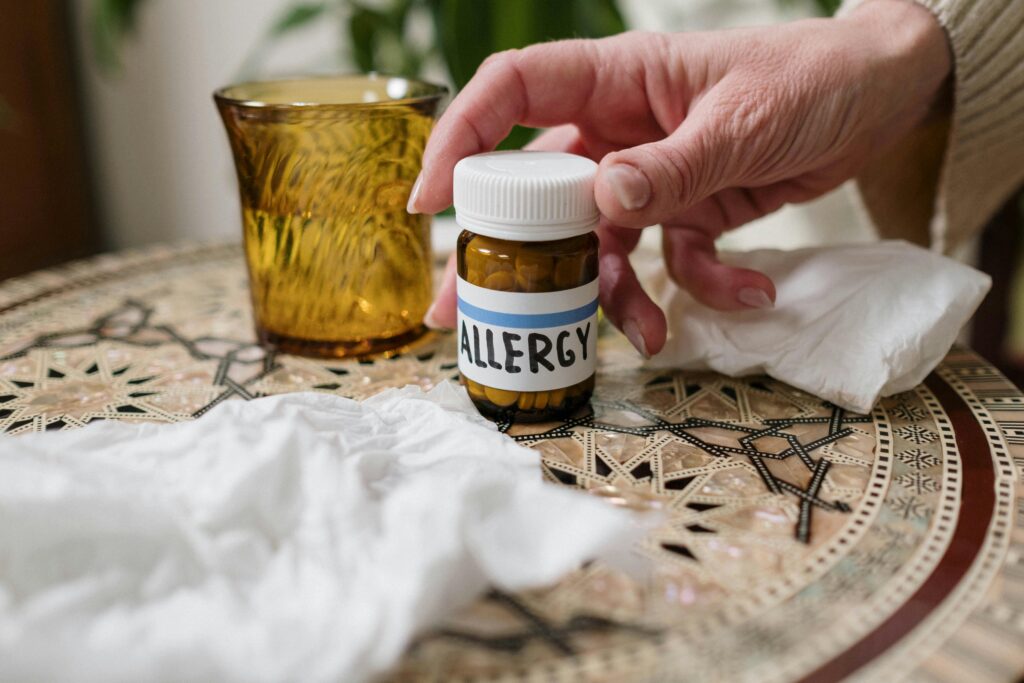Sunny Side Up: Understanding the Impact of Sun Exposure on Acne

Exposure to the sun is often seen as a way to improve acne due to its drying and anti-inflammatory effects. However, while sunlight can initially improve acne symptoms, prolonged exposure can lead to negative consequences for acne-prone skin. In this article, we’ll explore the impact of sun exposure on acne and provide tips on how to protect your skin from the harmful effects of UV rays.
Sunlight and Acne: The Double-Edged Sword
Sunlight can initially improve acne by drying out excess oil and reducing inflammation. This is why many people notice an improvement in their acne during the summer months when sun exposure is more frequent. However, prolonged sun exposure can lead to a rebound effect, where the skin produces more oil to compensate for the dryness caused by the sun. This can ultimately worsen acne and lead to more breakouts.
Moreover, sun exposure can also cause post-inflammatory hyperpigmentation (PIH), which are dark spots that appear after acne lesions heal. This is particularly concerning for people with acne-prone skin, as PIH can take months to fade and may require additional treatment to address.
Protecting Your Skin from UV Rays: Tips for Acne-Prone Skin
- Use a Broad-Spectrum Sunscreen: Choose a sunscreen that offers broad-spectrum protection against UVA and UVB rays with an SPF of at least 30. Look for non-comedogenic and oil-free formulas to avoid clogging pores.
- Reapply Sunscreen Regularly: Reapply sunscreen every two hours, or more often if you’re swimming or sweating. This helps ensure continuous protection against UV rays.
- Seek Shade: Whenever possible, seek shade during peak sun hours (10 a.m. to 4 p.m.) to reduce your overall sun exposure.
- Wear Protective Clothing: Cover up with clothing, hats, and sunglasses to protect your skin and eyes from UV rays.
- Use Acne-Friendly Skincare Products: Opt for skincare products that are non-comedogenic and won’t clog pores. Look for ingredients like salicylic acid or benzoyl peroxide, which can help treat acne without increasing sun sensitivity.
The Importance of Protecting Your Skin from Sun Exposure
While sunlight can initially improve acne symptoms, prolonged sun exposure can lead to negative consequences for acne-prone skin. UV rays can increase inflammation and oxidative stress in the skin, leading to premature aging, sunburn, and an increased risk of skin cancer. Additionally, UV exposure can weaken the skin’s natural barrier function, making it more susceptible to environmental damage and dehydration.
Conclusion
In conclusion, understanding the impact of sun exposure on acne and taking steps to protect your skin from UV rays is essential for maintaining clearer, healthier-looking skin. Incorporating sun protection into your daily skincare routine is crucial for maintaining the health and appearance of your skin, especially if you have acne-prone skin.






